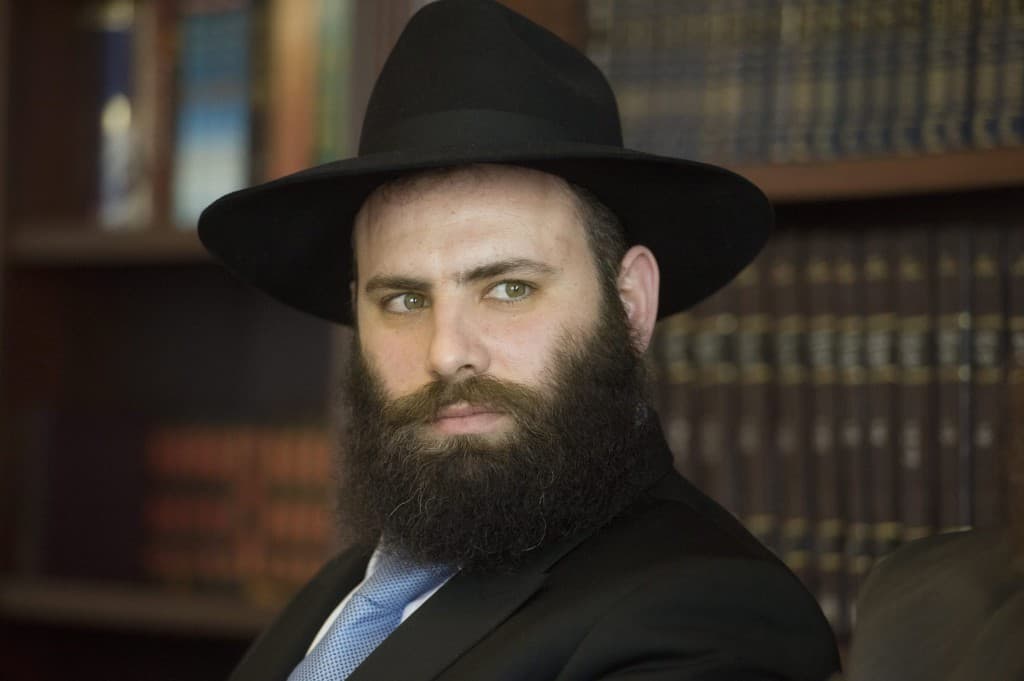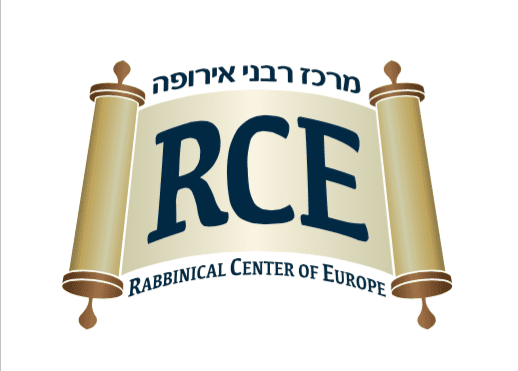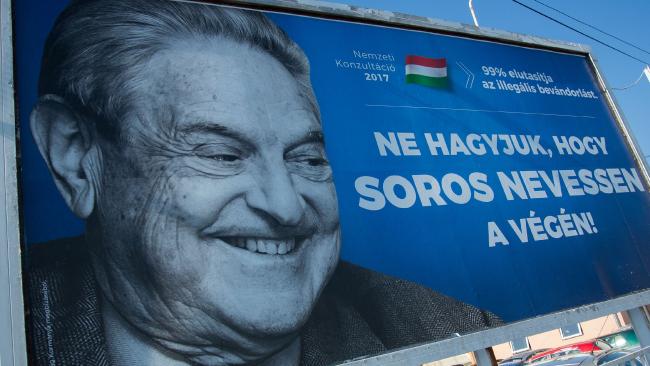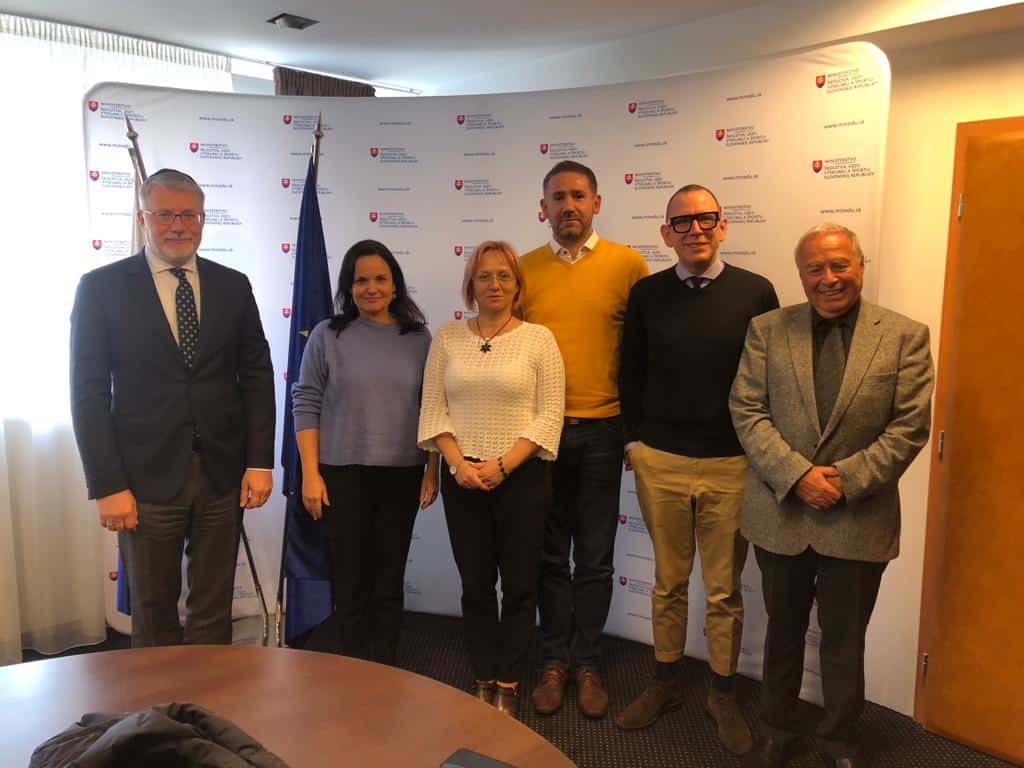Multi-faceted Jerusalem businessman Rami Levy, best known for his chain of discount supermarkets, is helping to provide tefillin (phylacteries) and prayer shawls for needy European Jews.
Multi-faceted Jerusalem businessman Rami Levy, best known for his chain of discount supermarkets, is helping to provide tefillin (phylacteries) and prayer shawls for needy European Jews who do not possess these essential religious accoutrements and cannot afford to purchase them. Levy has made a very handsome contribution to the Rabbinical Center of Europe at the request of the organization’s CEO Rabbi Arye Goldberg, who initiated the tefillin project in memory of the late Rabbi Benjamin Wolf, the
spiritual leader of the Jewish community of Hanover, who fell victim to coronavirus two months ago. This is not the first time that Levy has been involved with the RCE. He continues to donate to another of its projects, which is to bring European bar mitzvah boys to Israel.
■ FOR THE past 38 years, Jeff Seidel has been running student information centers in Jerusalem as well as Shabbat and Jewish home hospitality for lone soldiers, students and tourists. It was very tough during lockdown, because there were tourists and students who had not left the country and there were plenty of lone soldiers. Things are a little easier now that restrictions have been relaxed and greater social interaction has been permitted. A lot of people are still wary of going to restaurants, weddings and bar mitzvahs, and there are some who are also very cautious about admitting guests to their homes. For those who want to get back into the swing of hosting guests on Shabbat and showing them the brighter side of Israel, Seidel can be contacted at (02) 638-2634 or 052-286-7795. Last Friday, Seidel managed at the last minute, to find Shabbat hospitality for a group of gap year students.
TRAGEDY IS one of the most unifying factors in Israeli society. Political and religious differences are put on the back burner as the nation comes together to help to hope, and too often, to grieve. That was the case six years ago when three teenage yeshiva boys Eyal Yifrah, Gil-Ad Shaer, and Naftali Fraenkel unknowingly hitched a ride with Hamas terrorists, who kidnapped and murdered them.
The boys were standing outside Alon Shvut in the Etzion Bloc, waiting for a car that might be going their way.
For 18 agonizing days, the nation came together and joined the three families in praying for the safe return of the three boys.
Only after the discovery of their bodies was it learned that they had been killed soon after their capture. The nationwide outpouring of solidarity with the families during the waiting period, at the funeral and after the tragedy, prompted the creation of the annual Jerusalem Unity Prize.
Nir Barkat, who was then the mayor of Jerusalem, during a condolence visit to the families suggested that something be done to commemorate the three teenagers, and together with the Gesher organization and the three sets of parents – Iris and Uri Yifrah; Bat-Galim and Ofir Shaer; and Rachel and Avraham Fraenkel – in September, 2014, decided to establish the Jerusalem Unity Prize, with an official announcement to that effect at the President’s Residence in January, 2015.
Since then, the prize has awarded annually in June to individuals, organizations and initiatives in Israel and the Jewish world at large whose activities are instrumental in promoting mutual respect amongst Jews in times of crisis and in everyday life.
This year’s awards ceremony was broadcast on video with only President Rieuven Rivlin and his closest aides, Barkat and his wife Beverly, the prize winners and the Yifrah, Shaer and Fraenkel couples in attendance.
The ceremony was held against the backdrop of the coronavirus crisis and national political divisiveness over the possibility of proposed annexation or application of Israeli sovereignty on the Jordan Valley.
The prize ceremony, said Rivlin, sends a message of conciliation.
Speaking on behalf of the families, Uri Yifrah said that when the boys were still missing, before their fate was known Rabbi Haim Druckman told them: “We are looking for the boys and we have found ourselves.” Yifrah said: “That sense of looking inward finds what brings us closer together, an understanding of who we are, why we are here and how close we truly are.” He emphasized, “Alongside the disagreements and the differences of opinion, we must pause as individuals and examine whether, in the heat of the moment, we are not losing the great and true path we seek, which includes those with whom we do not agree. For he, too, seeks the good of our people. We go on together because that is our duty and that is how we will continue to build our country. The winners of the Unity Prize are those who know how to look inward, to bridge the gaps and to put what is important to the fore.”
The winners this year were: In the “local” category, the Center for Community Mediation and Dialogue in Rehovot for creating a space for respectful dialogue between the various elements of Israeli society and for leading the conversation on tolerance and acceptance of the other.
In the “national” category, the Joint Council of Pre-Military Academies (Mechinot) for their work to bring together different views and building trust between the member institutions for the good of the national mission of educating the next generation.
In the “international” category, Hakhel, the incubator for Jewish intentional communities for opening a door and building communities for every Jew, whoever and wherever they are, and for strengthening Jewish identity.
The article was published on the JPost















